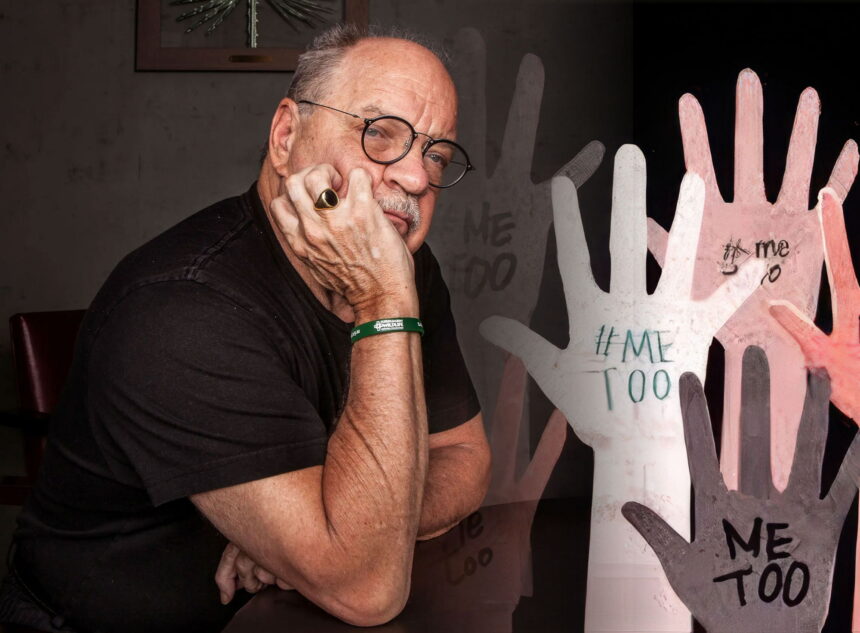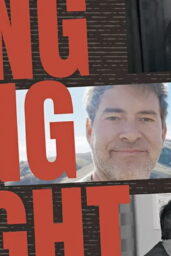The Illusion of Justice
Hollywood loves a redemption arc—until it doesn't. Paul Schrader, the legendary filmmaker behind Taxi Driver and First Reformed, is now starring in his own horror story: a #MeToo scandal with a twist so cynical, it could be one of his own scripts.
The Accusations: Ugly, Unflinching, Undeniable?
According to New York State Supreme Court documents, Schrader's former assistant—referred to as Jane Doe—claims he:
- “Brutally attacked” her.
- Exposed himself repeatedly.
- Engaged in years of harassment (2021–2024).
The kicker? Schrader allegedly backed out of a settlement after his lawyer cited “illness” and “soul searching.” Translation: “Oops, changed my mind.”
The Settlement Shuffle: How Hollywood Buys Silence
This isn't just about Schrader—it's about the playbook:
- Accusation drops. (Cue PR crisis mode.)
- Settlement offered. (Hush money with an NDA chaser.)
- Compliance optional? (Schrader's alleged reversal suggests some think so.)
Doe's motion reveals the human cost: “Nightmares, extreme anxiety, and trauma.” Yet, the system keeps spinning—predators get payouts, victims get paperwork.
Schrader's Next Act: “Non-Compos Mentis” (Or Just Tone-Deaf?)
Schrader was supposed to start filming Non-Compos Mentis (Latin for “not of sound mind”) this year. Ironic? Crushing. The project's stalled—but not as hard as accountability in Hollywood.
The Script Needs Rewriting
If Schrader's case proves anything, it's that settlements aren't justice—they's Band-Aids on bullet wounds. Until the industry stops treating #MeToo as a PR problem, not a moral one, the credits will never roll on this scandal.
Your move, Hollywood.












